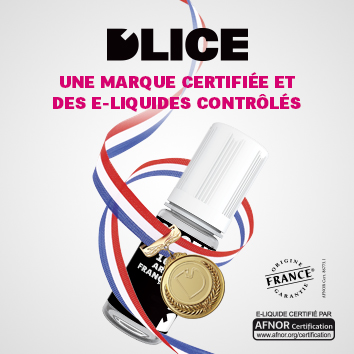Anti-tobacco efforts effective in Belgium

The fight against tobacco addiction has become an important challenge throughout Europe. And for those wanting to know which country has been most successful, it appears Belgium has taken the lead. A comparative study published by the Economist Intelligence Unit has underlined the effectiveness of policies implemented in Belgium. Some points must be reviewed, however, in order to reduce mortality rates linked to lung cancer.
The study, which was carried out in 13 European countries, was done in collaboration with the MSD laboratory. Amongst the countries surveyed, Belgium has the best anti-tobacco practices and policies. Indeed, the measures put in place in Belgium have been lauded, starting with the country’s smoking prevention strategies.
Tobacco products cause 85% of all cases of lung cancer. In order to combat this, the Belgian health authorities have set up an effective anti-smoking agency. The country’s ban on any cigarette-related advertising, effective smoking-prevention campaigns, a smoking ban in public spaces, and making it illegal to buy cigarettes for teenagers under sixteen have all helped to reduce smoking rates.

There are still improvements to be made
The comparative study wants to highlight successful anti-smoking policies so that other countries can follow suit. According to the study, Belgium is a shining example due to its many health associations for former patients, and the state’s reimbursement of tobacco addiction treatment.
Not all aspects of the study were positive, however. Belgium could offer more mental health services to its patients. The absence of any real cancer screening options is another problem, since catching cancer early is essential to favorable survival rates.
While Belgian health authorities have had success fighting tobacco addiction, lung cancer remains a major issue. After breast cancer, it is the second leading cause of death in the country, with 6,600 deaths per year.






